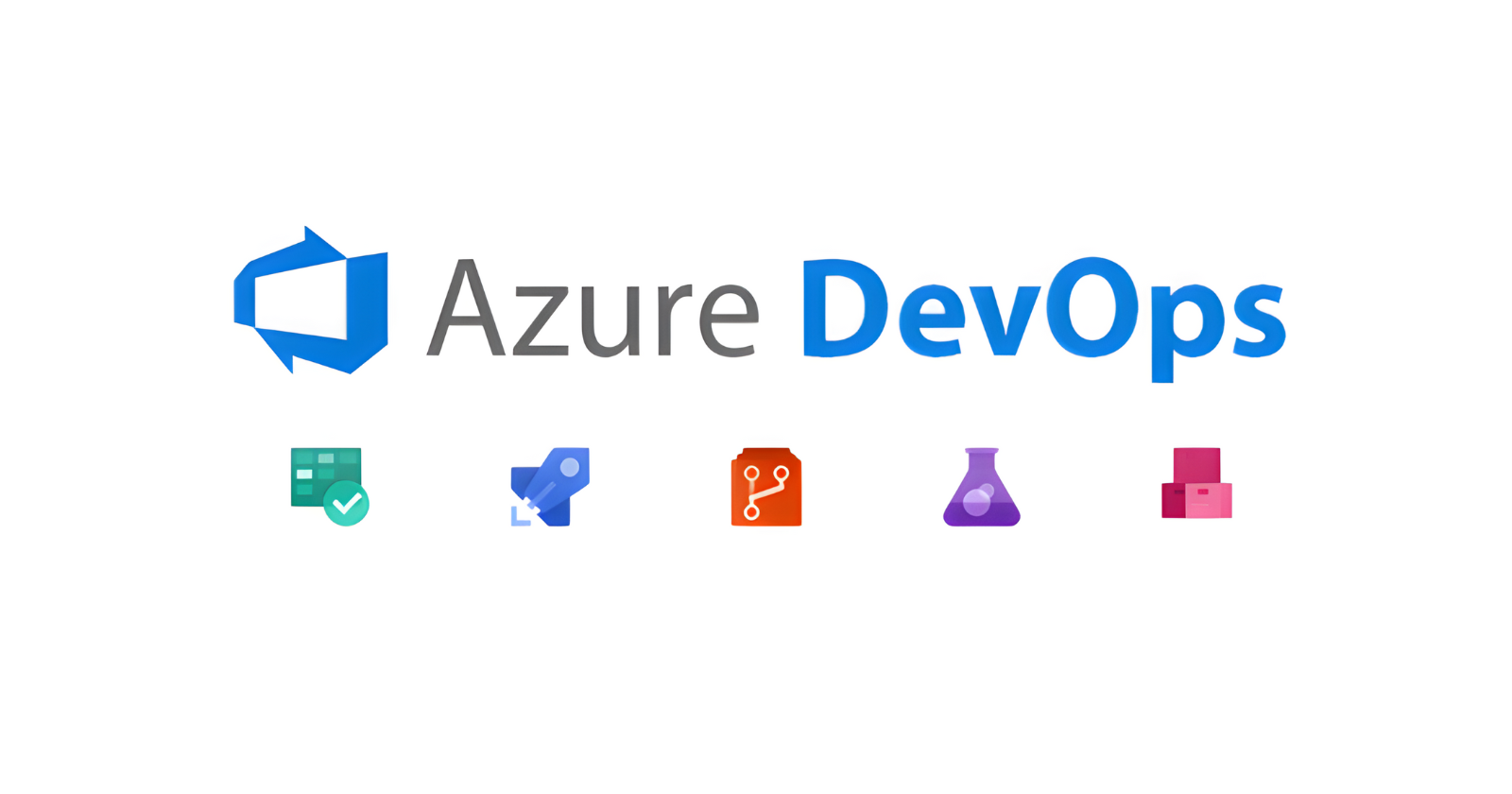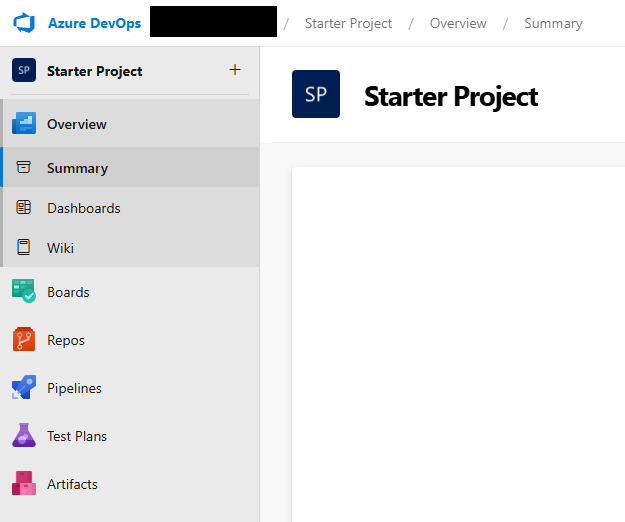A Beginner's Guide to Azure DevOps: Top Features and Advantages
 Jayachandra Rapolu
Jayachandra Rapolu
In today’s fast-paced digital world, organizations need a reliable, flexible, and collaborative approach to software development and delivery. Azure DevOps by Microsoft is a comprehensive suite of tools that empowers developers and teams to plan, develop, test, and deploy applications at a swift pace. Whether you are a startup, an enterprise, or anything in between, Azure DevOps provides an end-to-end solution to streamline workflows and foster collaboration across development and operations teams.
What is Azure DevOps?
Azure DevOps is a cloud-based platform offering a range of DevOps services that cater to the complete application lifecycle management (ALM). It supports various programming languages and frameworks, making it ideal for teams working with diverse tech stacks. Azure DevOps replaces the legacy Visual Studio Team Services (VSTS) and introduces a more integrated approach to DevOps practices, including Continuous Integration (CI), Continuous Deployment (CD), and Agile project management.
Key Features of Azure DevOps

Azure Repos
Description: Azure Repos is a set of version control tools that include both Git (distributed version control) and Team Foundation Version Control (TFVC), giving teams the flexibility to manage code in ways that best suit their projects.
Benefits: With Azure Repos, developers can securely collaborate on code and use features like pull requests, branching strategies, and code reviews, helping maintain code quality and control.
Azure Pipelines
Description: Azure Pipelines is a CI/CD tool that automates the build, test, and deployment processes for your applications, regardless of the platform or language.
Benefits: By automating these stages, Azure Pipelines ensures faster releases and higher-quality code. It also integrates with GitHub, Bitbucket, and other repositories, making it easy for teams to set up robust, automated workflows.
Azure Boards
Description: Azure Boards provides a set of tools for planning, tracking, and discussing work across teams. It includes Kanban boards, sprint planning tools, dashboards, and custom reporting.
Benefits: Ideal for Agile project management, Azure Boards enables teams to visualize progress, prioritize work effectively, and stay aligned with business goals.
Azure Test Plans
Description: Azure Test Plans offers a comprehensive suite for manual and exploratory testing. This service enables teams to design, test, and track test cases effectively.
Benefits: By integrating testing into the development process, Azure Test Plans improves the overall quality of software, helping teams catch issues early and deliver a more polished final product.
Azure Artifacts
Description: Azure Artifacts provides an easy way to create, host, and share packages across the organization. It supports package formats like Maven, npm, and NuGet.
Benefits: Azure Artifacts simplifies dependency management, allowing developers to reuse code and share components securely across teams, reducing redundancy and accelerating development.
Benefits of Using Azure DevOps
End-to-End Visibility and Traceability
- Azure DevOps enables real-time collaboration across the development lifecycle, providing complete visibility into each stage. Teams can trace work items from planning through deployment, offering a clear picture of what’s in progress, who’s working on it, and where issues may arise.
Seamless Integration with Existing Tools
- Azure DevOps integrates with a wide range of third-party tools, from GitHub and Slack to Jenkins and Docker, allowing teams to work with familiar tools within a single ecosystem. This flexibility enables organizations to adopt DevOps practices without overhauling their entire toolchain.
Enhanced Collaboration and Productivity
- By bringing development and operations teams together, Azure DevOps fosters a collaborative culture that aligns with Agile and DevOps principles. The integrated tools encourage transparency, promote feedback loops, and reduce silos, which significantly enhances productivity.
Scalability and Flexibility
- Azure DevOps is designed to scale with your organization, making it equally suitable for small teams and large enterprises. Its cloud-based nature provides flexibility, allowing teams to work on projects from anywhere and easily scale resources as demands grow.
Focus on Security and Compliance
- With features such as identity management, access controls, and auditing capabilities, Azure DevOps ensures that security and compliance are baked into the DevOps process. Teams can confidently deploy applications, knowing that data is protected, and regulatory requirements are met.
Conclusion
Azure DevOps is a powerful platform that simplifies the complexity of software development and deployment by offering a suite of integrated tools designed for collaboration and efficiency. For organizations looking to streamline their DevOps processes, Azure DevOps provides a reliable and flexible solution that enables faster delivery cycles, better quality, and enhanced security.
Whether you’re just starting with DevOps or looking to optimize your current workflows, Azure DevOps is a worthy investment that can help you drive innovation and stay competitive in today’s dynamic software landscape. Embrace the potential of Azure DevOps to transform your development processes and achieve success in your digital journey.
Subscribe to my newsletter
Read articles from Jayachandra Rapolu directly inside your inbox. Subscribe to the newsletter, and don't miss out.
Written by
